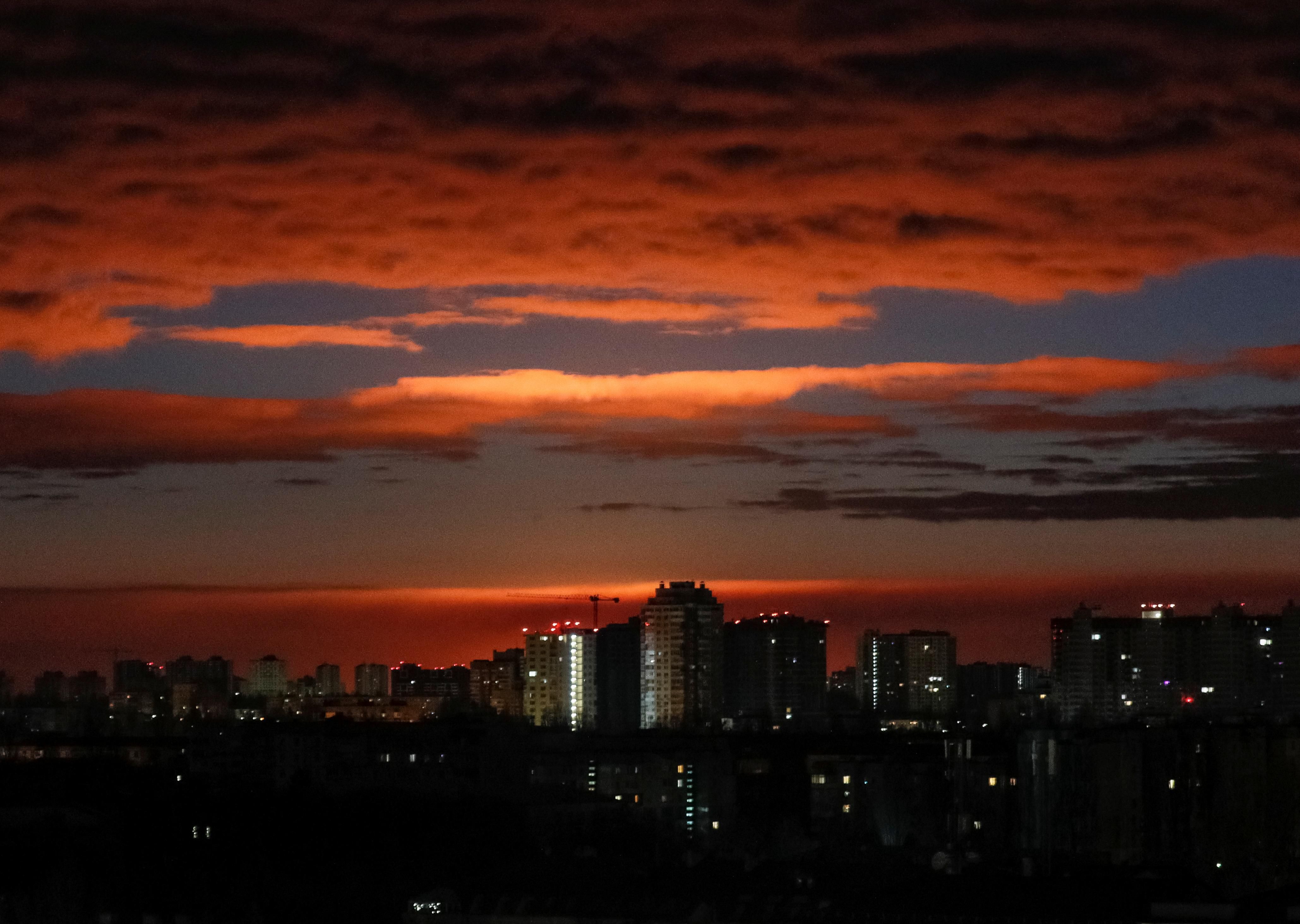Since Russia invaded Ukraine on February 24, much of the media coverage has focused on the failure of Russia’s military to score quick victories. In part, it has failed because Ukrainian soldiers and civilians have mounted a determined defense. It’s also probably because President Vladimir Putin and his military strategists underestimated the intensity of Ukrainian resistance. This week, Russia has moved more troops and more artillery into Ukraine, and Russian commanders are using them with a greater sense of urgency.
It appears that Russia must seize Kyiv and other large Ukrainian cities to declare victory, and that won’t be accomplished without killing far higher numbers of Ukrainians, including civilians, than we’ve seen so far.
Ukraine’s President Volodymyr Zelensky, communicating with foreign governments and the media from a bunker somewhere in Kyiv, is pressing his case for EU membership for Ukraine and challenging Western leaders not to “give up on” his country. President Joe Biden will likely pledge determined long-term support for Ukraine during his State of the Union address, and European leaders continue to look for ways to help Ukraine and punish Russia without actually entering the war.
For now, Russia’s firepower advantage suggests it will capture Ukraine’s biggest cities. How Moscow intends to control them in the future is another matter. It will surely impose a Moscow-friendly government in Kyiv. But twice during the Putin era – during the 2004-2005 Orange Revolution and the 2014 Maidan uprising – Ukrainians have flooded the streets to defy Moscow’s men in Kyiv. Events of the past two weeks won’t exactly soften Ukrainian attitudes toward Russian domination.
Unless Russia intends to keep soldiers in Kyiv to shoot the next round of protesters, and maybe especially if they do, it’s hard to see how Putin can keep whatever he’s able to win. In the meantime, Western financial, economic, and political pressure on Russia looks to be the new normal.
More For You
In this Quick Take, Ian Bremmer weighs in on the politicization of the Olympics after comments by Team USA freestyle skier Hunter Hess sparked backlash about patriotism and national representation.
Most Popular
100 million: The number of people expected to watch the Super Bowl halftime performance with Bad Bunny, the Puerto Rican superstar and newly minted Album of the Year winner at the Grammys.
Brazilian skiers, American ICE agents, Israeli bobsledders – this is just a smattering of the fascinating characters that will be present at this year’s Winter Olympics. Yet the focus will be a different country, one that isn’t formally competing: Russia.
What We’re Watching: Big week for elections, US and China make trade deals, Suicide bombing in Pakistan
Japanese Prime Minister Sanae Takaichi, president of the Liberal Democratic Party (LDP), appeals for a candidate during a street speech of the House of Representatives Election Campaign in Shintomi Town, Miyazaki Prefecture on February 6, 2026. The Lower House election will feature voting and counting on February 8th.
Japanese voters head to the polls on Sunday in a snap election for the national legislature’s lower house, called just three months into Prime Minister Sanae Takaichi’s tenure.
